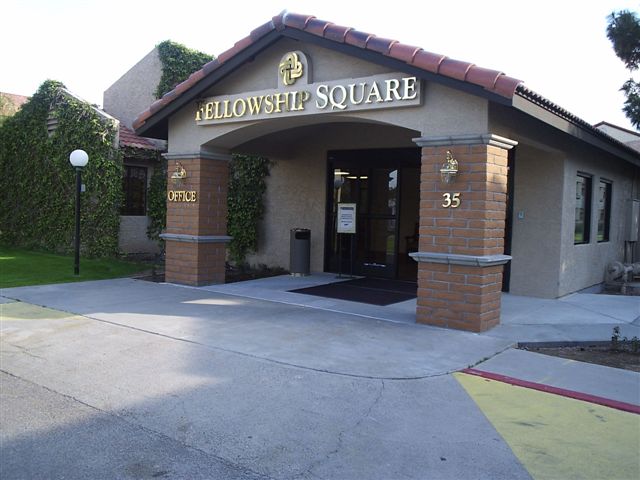Common Food Allergies and Sensitivities: What Seniors Need to Know
Food Allergies vs Sensitivities
Food allergies happen when the body's defense (immune) system thinks a food is harmful and reacts to it, even though it's not. This reaction causes allergy symptoms.
Some common foods that cause allergies are
- Peanuts
- Tree Nuts
- Shellfish
- Fish
- Eggs
- Milk
- Wheat
- Soy
Anyone can have a food allergy, and it can last their whole life. We're not sure why some people have food allergies, but it might be because of their genes or gut bacteria. To avoid having an allergic reaction, it's best to stay away from foods that cause allergies.
The ingredients in foods must be listed on the package, so you can check if a food has something you're allergic to. Food sensitivities can cause symptoms like allergies, but they're not caused by the same thing. It's important to know if you have a food allergy or sensitivity so you can get the right treatment.
There's no cure for food allergies, but you can manage them with help from a doctor and a nutritionist. If you have a serious allergy, you might need to carry a medicine like an Epi-pen with you all the time even at independent living communities.
Common Food Allergies and Sensitivities or Intolerances
There are different types of food allergies and sensitivities that can cause different reactions:
Anaphylaxis
Anaphylaxis is a fast and life-threatening reaction that can happen when exposed to certain foods, medications, or insect stings. Symptoms can include sneezing, itching, hives, swelling, low blood pressure, abdominal pain, dizziness, throat tightness, and shortness of breath. The treatment for anaphylaxis is an Epi-pen and calling 9-1-1.
Oral Allergy Syndrome
Oral allergy syndrome is when you have itching, a rash, and swelling around the mouth, lips, and tongue after eating certain raw fruits and vegetables. This reaction is not life-threatening and is common among those who are also allergic to grass and ragweed pollen.
Eosinophilic Esophagitis
Eosinophilic esophagitis can cause heartburn-like symptoms, nausea, vomiting, abdominal pain, or difficulty swallowing after eating certain foods.
Is Lactose Intolerance an Allergy?
Lactose intolerance is not an allergy but an inability to digest lactose, a sugar found in milk. It can cause abdominal pain, nausea, gas, bloating, and diarrhea.
Celiac Disease or Gluten Intolerance
Celiac disease or gluten intolerance involves the immune system but differs from allergies by the specific antibodies involved. When you have celiac disease, it causes damage to your small intestine and prevents you from absorbing your nutrients, which can have serious long-term effects. Gluten intolerance can cause all sorts of physical symptoms, like bloating, diarrhea, constipation, and brain fog, but doesn't destroy your small intestine in the process.
Seniors Living With Food Allergies and Intolerances
To deal with food allergies and sensitivities, it is important to avoid foods that cause reactions.
- Read food labels carefully and wash hands, surfaces, dishes, and utensils to prevent cross-contamination.
- When you eat out, or in a senior living community, confirm whether the meal is free from the food you’re allergic or sensitive to before ordering. (I find it helpful to check their menu online before I visit the restaurant.)
- Check medication and cosmetic labels for food allergens.
- If you experience an anaphylactic reaction, seek treatment immediately and carry an Epi-pen. Wear a medic-alert bracelet to let people know about your allergy.
- Lactose intolerance can be managed by consuming lactase enzyme supplements or lactose-free milk, or avoiding dairy.
- See a healthcare provider if you suspect you have a food allergy or sensitivity.
Conclusion
Food allergies and sensitivities are becoming more common and can cause unpleasant symptoms. It is recommended to avoid the foods that cause these symptoms. If you have a serious food allergy, you should see a healthcare provider to determine if you need emergency medication.
If you think you may be sensitive to certain foods, there are allergy-free recipes and meal plans available. For personalized nutrition advice, you can consult a Board Certified Holistic Nutritionist.
To learn more about how Fellowship Square residents stay safe from food allergies and sensitivities, view our dining menu or schedule a visit at your convenience.

